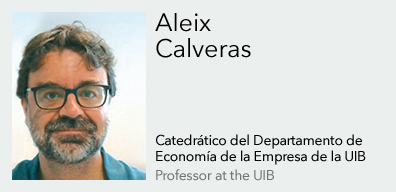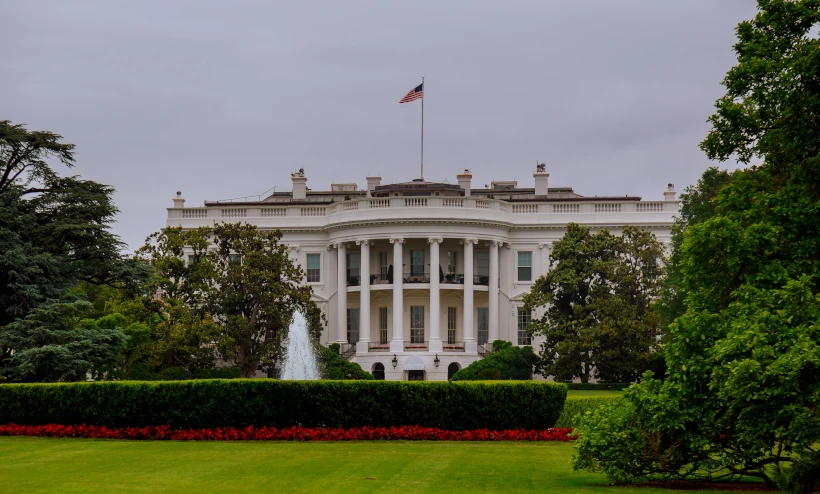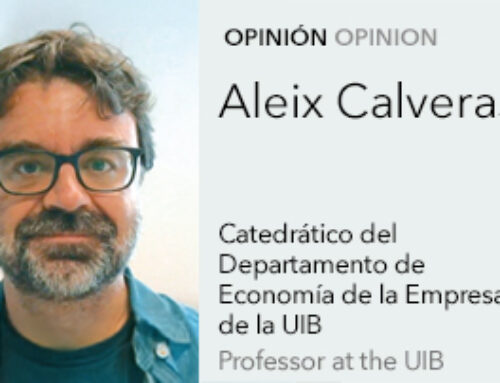
A central element in Trump’s recent election platform, already present in his 2016 campaign, is the proposal to establish or increase tariffs on manufactured imports, especially from China. The stated aim of this measure is to revitalise the manufacturing sector, which a few decades ago was a pillar of the US economy, but which lost weight after China’s entry into the World Trade Organisation in 2001 and the boom in imports that it brought with it.
In the U.S., the resulting factory closures and job losses hit certain regions of the Midwest hard, particularly non-college-educated workers who used to earn good wages in the manufacturing sector. This geographically concentrated impact has generated not only economic consequences, but also profound political and social repercussions. While the tariffs were initially intended to revive manufacturing after decades of hyper-globalisation, protectionist trade policy is expanding, influenced by growing geopolitical tensions with China and Russia. Today, therefore, these measures respond to both economic objectives and strategic interests.
 Will Trump succeed in bringing back manufacturing and ‘good jobs’ for the non-college educated middle class? Most probably not. In recent decades, technological change has been intense, with deep automation of production processes in the manufacturing sector. Also, the weight of manufacturing in economies ‘naturally’ decreases in favour of the service sector with the development of the latter.
Will Trump succeed in bringing back manufacturing and ‘good jobs’ for the non-college educated middle class? Most probably not. In recent decades, technological change has been intense, with deep automation of production processes in the manufacturing sector. Also, the weight of manufacturing in economies ‘naturally’ decreases in favour of the service sector with the development of the latter.
Thus, while higher tariffs will bring manufacturing production back to the U.S., it will be different from what it was decades ago: much more capital intensive, with few jobs, and most of them low-wage jobs for non-college educated workers due to the bias of automation processes. Thus, although the global economic and political effects of higher tariffs will undoubtedly be felt, a return to the past is not possible: the desirable search for good jobs will have to explore other avenues.
From a Balearic perspective, this analysis suggests that the recurrent calls to diversify our economy beyond the tourist sector, into industrial activity, with the aim – among others – of improving the quality and wages of jobs, have little chance of success. Economic diversification should focus on sectors that are more compatible with the island’s reality, related to tourist activity, with a commitment to technological innovation and services with high added value, which can offer both economic sustainability and quality employment opportunities.








Leave A Comment